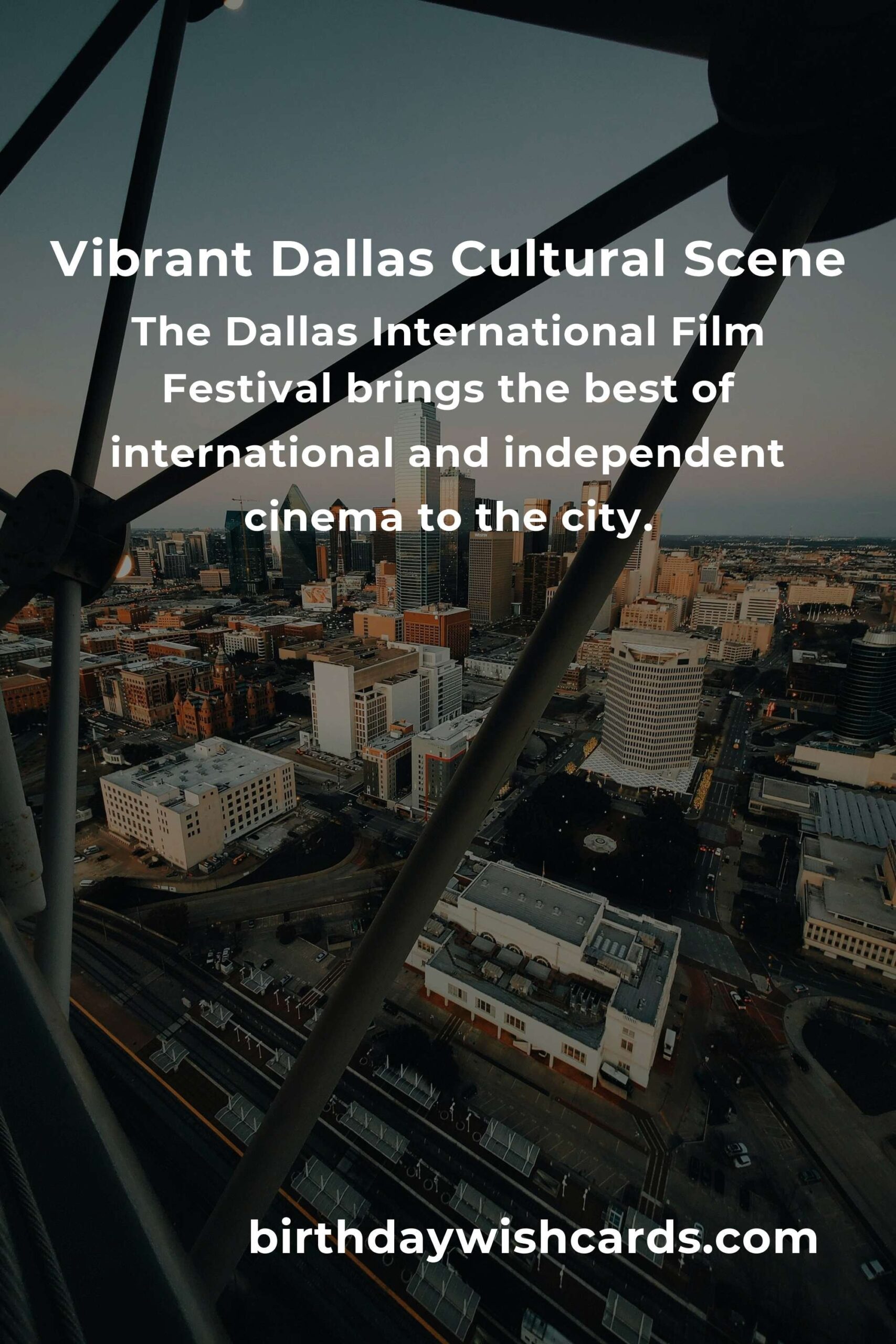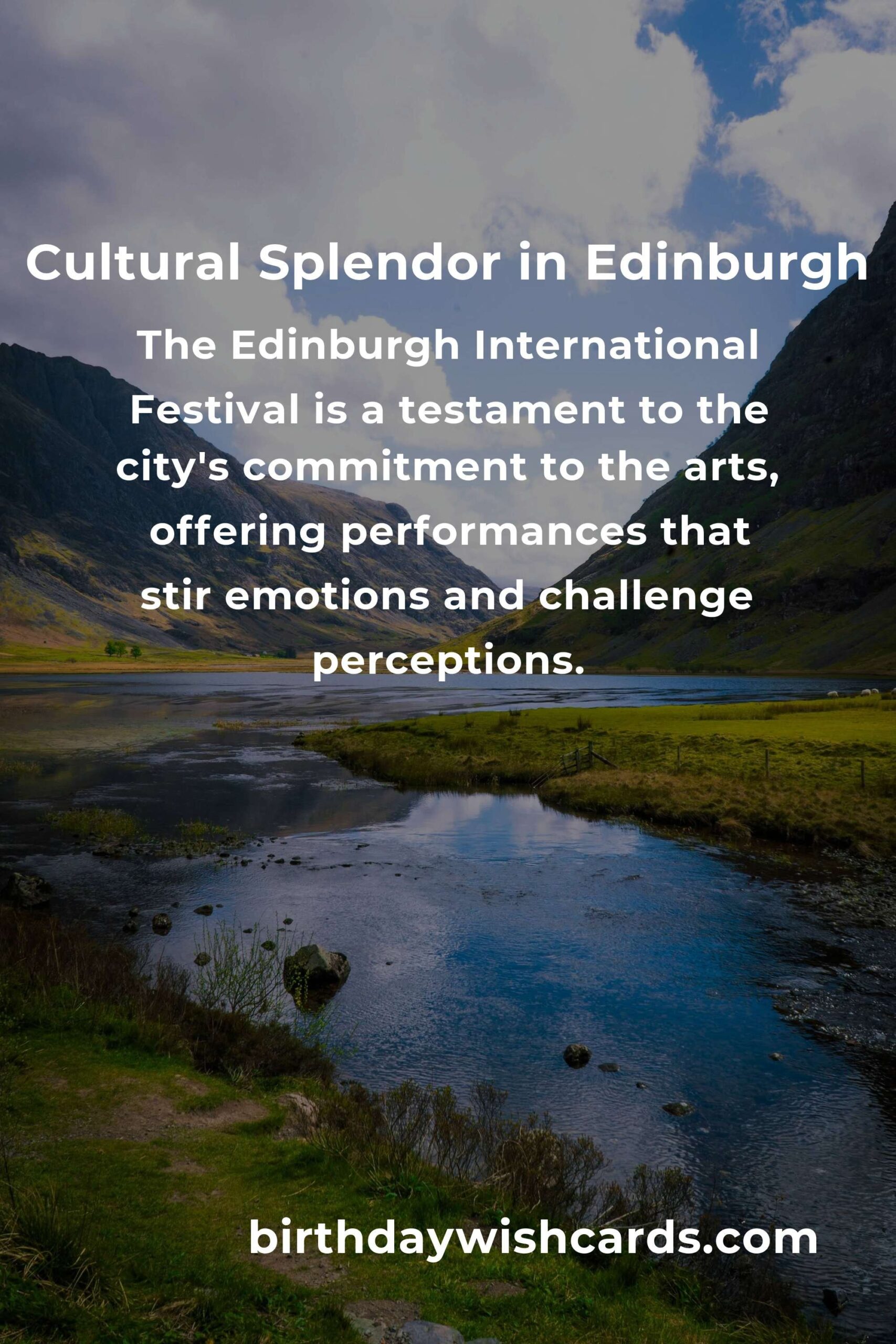Experience the Vibrant Culture and Celebrations of the Barranquilla Carnival
The Barranquilla Carnival is a dazzling, exuberant festival held annually in Barranquilla, one of Colombia’s most vibrant coastal cities. Taking place in February or March—its dates shifting each year to align with the Lenten calendar—this celebration boasts a rich history spanning more than a century. Today, the Barranquilla Carnival stands among the world’s largest and most spectacular carnivals, attracting millions of visitors eager to immerse themselves in Colombia’s colorful cultural tapestry.
Famed for its lively blend of music, dance, and tradition, the Barranquilla Carnival offers a unique window into the country’s Afro-Caribbean and Indigenous roots. More than just a festive occasion, it is a profound expression of community, identity, and heritage.
The Origins of the Barranquilla Carnival
The carnival’s roots reach back to the late 19th century, when Barranquilla flourished as a bustling maritime and trade hub. The city became a melting pot of cultures—Spanish, African, and Indigenous—each contributing to the local identity. In search of a way to celebrate their diversity and communal spirit, residents began organizing modest street festivities.
Over time, these gatherings evolved into the elaborate event we see today, drawing thousands of artists, musicians, dancers, and revelers from around the globe. The Barranquilla Carnival has become a powerful symbol of unity and pride for both the city and Colombia as a whole.
The Grand Opening: The Battle of the Flowers
The festivities officially begin with the iconic Battle of the Flowers, a spectacular parade that captures the essence of the carnival. During this event, vibrant floats adorned with thousands of colorful flowers glide through the streets, accompanied by performers in intricate, eye-catching costumes.
This parade is a feast for the senses, filled with rhythmic Afro-Caribbean beats, traditional cumbia dances, and an infectious energy that sweeps through the crowd. The procession not only marks the start of the celebrations but also pays tribute to Barranquilla’s rich cultural heritage and artistic creativity.




